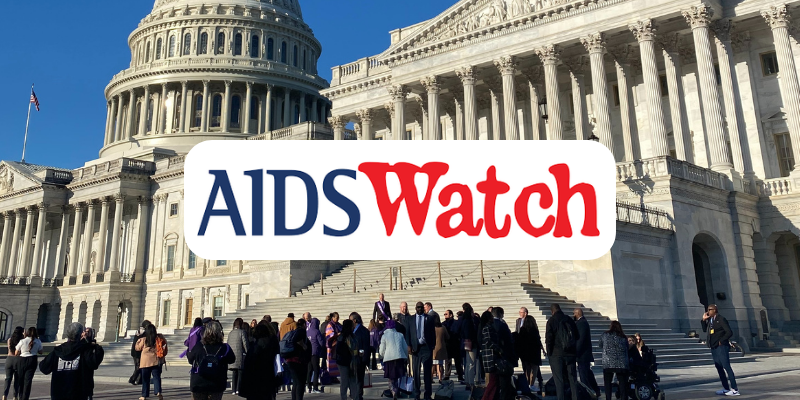Access to quality health care is key to maintaining health and well-being, particularly for people living with chronic illness and disabilities (such as HIV and hepatitis C). While access to insurance is critical, even people with insurance can face cost and coverage barriers that put necessary treatment and services out of reach. The Center for Health Law and Policy Innovation (CHLPI) works with longstanding community partners to pursue national and state advocacy for legal, regulatory, and policy reforms that help strengthen available health care coverage and ensure that people can access the care they need.
KFF polling found that nearly half of U.S. adults say health care is hard to afford, and one-third say they or a family member have skipped or postponed recommended treatment due to cost. These rates are even higher among Black or Hispanic adults and people with low income.
Our Approach
CHLPI focuses its work on strengthening Medicaid (public insurance for certain people with low incomes) and private health insurance plans (including plans sold on the Marketplace). We pay particular attention to how plans help people living with chronic conditions access the care and treatment they need to live healthy and well. This includes how a plan facilitates access to specific prescription drugs, medical benefits, and other supports such as community health workers. CHLPI uses a multi-faceted approach that pursues both federal- and state-based solutions to the obstacles consumers face in the health care system.
Medicaid
The Medicaid program is a federal-state partnership that provides access to health care for more than 80 million people in the United States, and is the largest source of health care coverage for people living with HIV. Medicaid’s role in providing access to health care for people with low incomes is essential to helping prevent and manage chronic conditions and addressing health disparities seen across racial, ethnic, and socioeconomic divides. While the Affordable Care Act offers significant funding to states who expand their Medicaid eligibility, many states have refused to expand their programs, leaving over two million people within the Medicaid coverage gap.
For more information about CHLPI’s work to strengthen Medicaid at the federal and state levels, please see the following resources:
- HHCAWG Letter: Protecting Medicaid from Cuts (2025)
- HHCAWG Letter: Protecting Medicaid from Cuts (2023)
- Filling the Medicaid Coverage Gap: A Federal Policy Priority for People Living with HIV (2021)
- Letter: Closing the Medicaid Coverage Gap (2021)
Health Insurance Marketplace
The Affordable Care Act, passed in 2010, established the Health Insurance Marketplace where most people in the United States can enroll in quality, affordable health care plans. Depending on a person’s income, these plans can be made more affordable with tax credits and subsidies. Plans sold on the Marketplace are subject to quality and nondiscrimination standards, and have served an important role in lowering the nation’s uninsured rate.
For more information about CHLPI’s work to strengthen Marketplace plans, please see the following resources:
- Comment: Request for Information; Essential Health Benefits (2023)
- Comment: MA Health Connector – Seal of Approval 2023 Policy Development (2022)
- Letter: Ensuring Non-Discriminatory Qualified Health (QHP) Formulary Design (2021)
- HHCAWG Comment: Notice of Benefit and Payment Parameters (NBPP) 2023 (2021)
- CIDP Letter: Recommendations for NBPP 2023 (2021)
Community Education and Mobilization

Each year, CHLPI teams up with AIDS United and the U.S. People Living with HIV Caucus to plan and present AIDSWatch, the largest national, constituent-based HIV advocacy event. AIDSWatch brings together people living with and impacted by HIV in Washington, DC to learn about current policy issues and advocate for laws and policies that will help end the U.S. HIV epidemic.
Updates and information on AIDSWatch 2025 are available here.
As an organizer of the event, CHLPI helps produce annual policy briefs that highlight opportunities to strengthen the federal response to HIV. These briefs recognize the intrinsic connection between HIV and other key issues, such as civil rights and reproductive justice.
To learn more about AIDSWatch, read reflections from CHLPI students that attended past events: